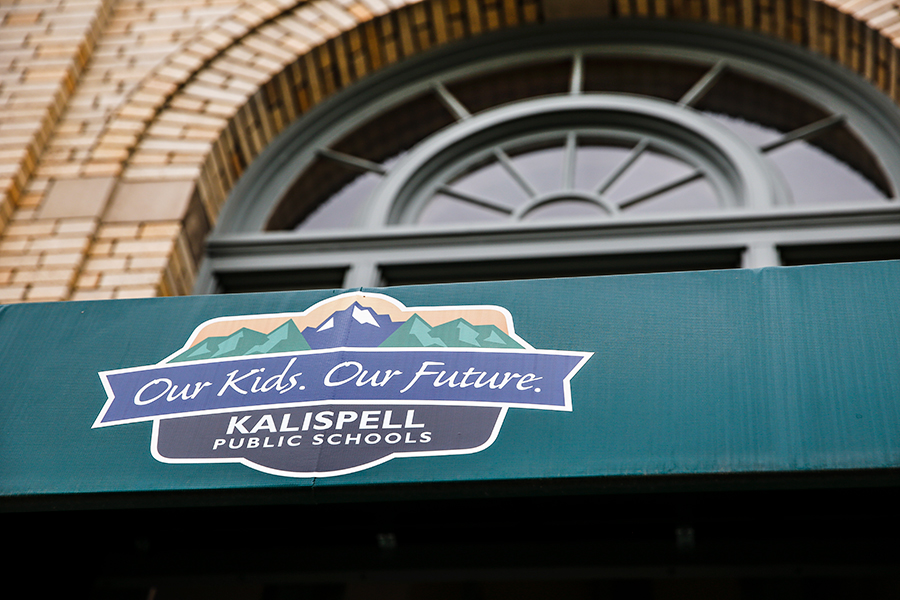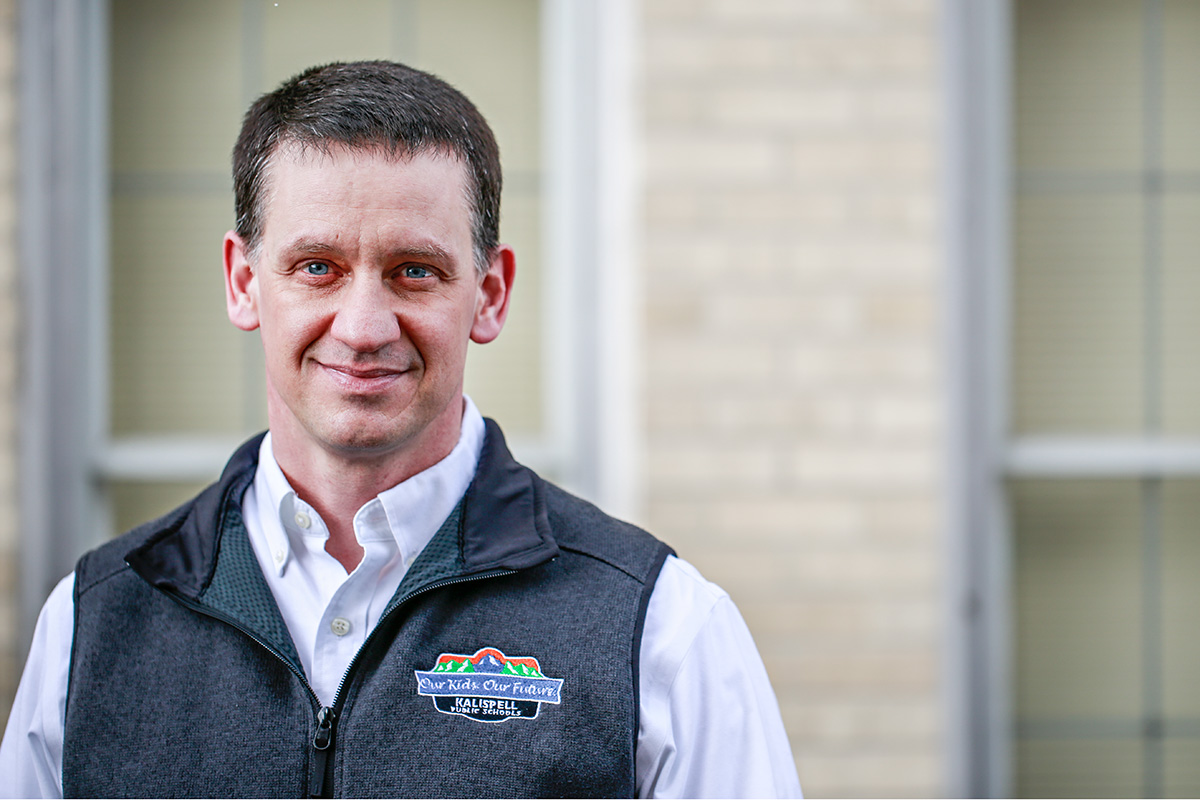$1.5 Million Kalispell High School Levy Heads to Voters
A general fund levy has not passed since 2007, despite the district adding nearly 500 students
By Micah Drew
The Kalispell public high school district is requesting a $1.5 million general fund levy to support academic programs and activities, technology, curriculum and the rising costs of general operations, which includes salaries, benefits, utilities and insurance. The board of trustees voted unanimously to pursue the levy at its March 29 meeting.
Ballots will be mailed out April 18 and must be received by the district office by 8 p.m. on May 3. All taxpayers within the school district, which includes Kalispell and the 13 partner school districts where students attend Flathead, Glacier or Linderman high schools are eligible to vote on the levy.
For more than a decade, Kalispell Public Schools (KPS) has struggled to pass a general fund levy for the high school district, which includes Flathead and Glacier high schools, the Linderman Education Center and the Agricultural Education Center, with voters last approving a levy in 2007. Since then, the district has added 490 students and more than 56,000 square feet.
According to KPS superintendent Micah Hill, the addition of nearly 500 students has not come with an equivalent increase in resources and staffing, and the district has actually been forced to cut staff to save money.
“For the cuts we’ve had to make in the last 15 years, overall people may not have felt them directly, but students and staff have,” Hill said. “We’ve cut tutors, we’ve cut hall monitors, we’re not replacing open teaching positions or paraprofessionals.”
Hill said that a majority of the district’s budget goes toward personnel costs, though he emphasizes that “nobody is getting rich in education.” Educators’ salary schedules are viewable online, and first year teachers with a bachelor’s degree make around $35,000.
Most recently, Kalispell voters rejected a $1.2 million general fund levy request in 2019, which led to the district trimming the same amount from the high school budget for the 2019-2020 school year. The 2019 measure failed 7,249-6,008 with a 35% turnout in the all-mail election. A 2021 high school technology levy for $700,000 failed by just 48 votes.

Hill is using the narrow loss of the technology levy as motivation to increase outreach this time around. Leading up to the election, Hill and the trustees will be continuously working to educate the community about the district’s budget needs and the levy. To aid in the campaign the district hired Kinetic Marketing & Creative for around $9,000, which will be paid for without taxpayer funds.
“My reach, in terms of families the district is engaged with is maybe 4,000 in a community with 45,000 or so registered voters,” Hill said. “So this year we’re sending out a mailer, we’re posting twice a day on social media, I’m doing Facebook live events where I just sit and talk about why we need a levy and get to respond to comments from the community.”
Hill added that a lot of the outreach will be focused on conveying how schools are funded in Montana. He cited comments from members of the public asking why marijuana taxes, oil and coal taxes or lottery taxes aren’t utilized, which ultimately comes down to how laws are written in the Legislature, something school districts have little say in.
“I think it’s really important that if people are frustrated with how schools are funded, that’s a conversation to have with a legislator who’s already elected or people who are in the primaries,” Hill said. “What makes it hard is that because of how the system is set up, voting no on your taxes going up feels like we’re punishing education or punishing our kids or the people who work there because it’s a system that we didn’t design.”
The levy will increase taxes on a $300,000 tax-assessed home by $3.15 per month and a $400,000 home by $4.20 per month. The district hopes to make the ballot levy tax neutral with budget projections for 2022-2023 showing a decrease in the district’s transportation levy.
If the levy doesn’t pass, Hill said it doesn’t necessarily mean the district will need to cut $1.5 million from the budget, but it will require a line-by-line examination of where cuts can be made to least impact students in the classroom.
“One of the things that’s become apparent to me in my position is the value our community sees in supporting public education, and as hard an ask as it is, I think people understand that schools are the No. 1 economic driver in the area and people are moving here knowing that our schools have a good reputation,” Hill said, adding that at the end of the day it’s about prioritizing the students.
“I want any student in our district to be able to sit down at a table with anybody worldwide, rub elbows with them and be competitive with them,” he added. “It doesn’t matter if you’re going into the military, going into the workforce, or going into high education. All of those are great pathways, and I want our kids to be competitive in each of them.”
For more information, call the district office at (406) 751-3400.